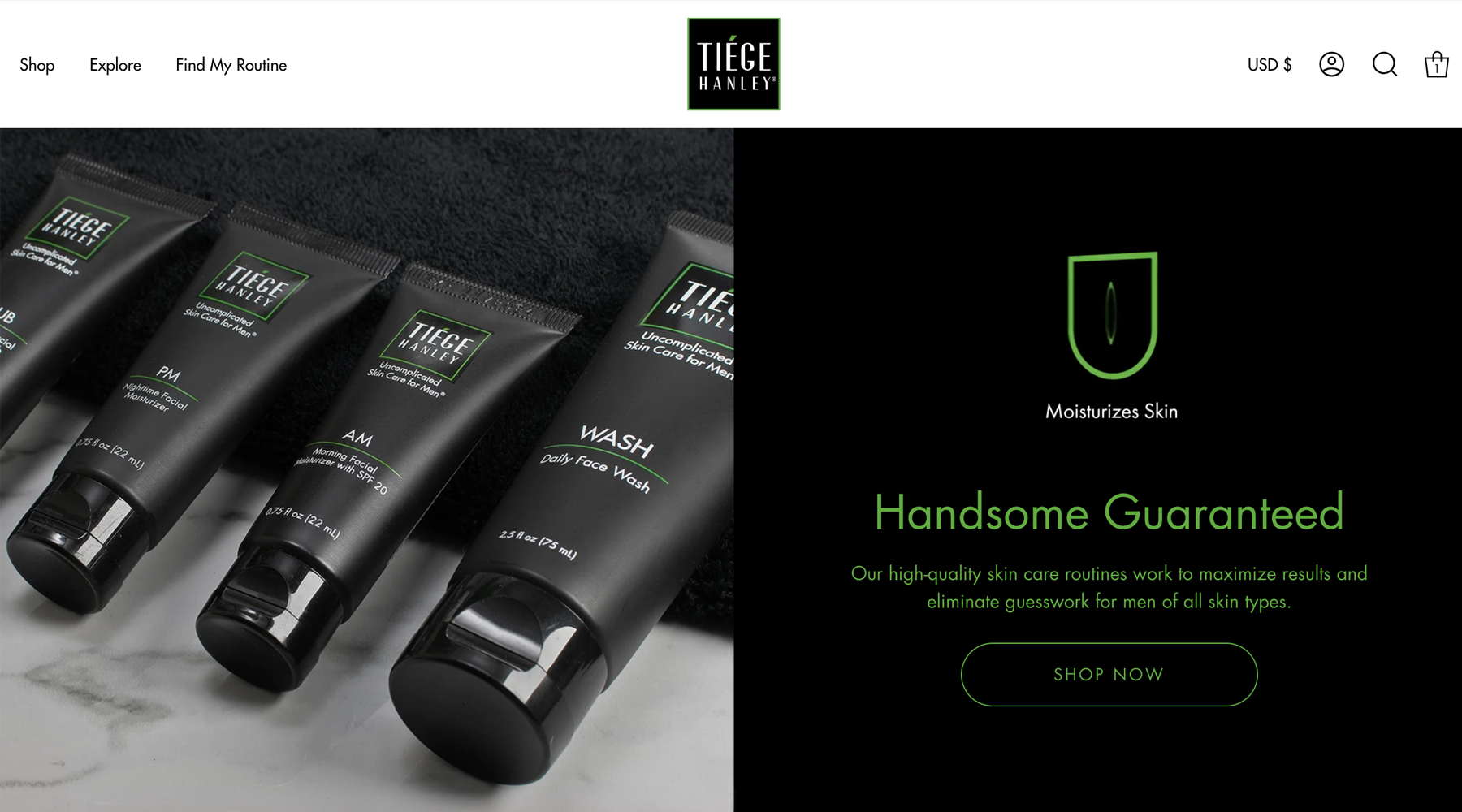Not too long ago, those who suffered from celiac disease or a gluten intolerance had to shop at a health food store to find gluten-free products. Today, you can find them at every big grocery chain.
The sudden availability of gluten-free products is largely due to growing fear over gluten’s potential effects on the body. But is it truly to blame for your persistent acne?
Here are three of the things you ought to know:
- Gluten doesn’t cause acne for most people. However, people with gluten-sensitivities have reported skin problems.
- Going gluten-free will not eliminate your acne if there are underlying reasons for your breakouts (i.e., dry skin, stress, etc.).
- The best way to clear up your skin is to develop a solid skin care routine.
What is Gluten?
Gluten is protein found in wheat, rye and barley. It’s what gives our bread dough its elasticity, shape and a deliciously chewy texture.
It’s also what allows our bread to rise and get that nice, fluffy appearance. We’ve been eating this substance for roughly 10,000 years, when agriculture was first developed.

The Problem with Gluten
Is there a problem with gluten? Well, that’s a tricky question to answer. It’s an indisputable fact that those who have celiac disease (about 1 percent of the population) suffer from a real disorder which causes damage to the small intestine.
However, the waters are muddied when discussing those with a gluten intolerance or gluten sensitivity (also called non-celiac sensitivity). According to the National Foundation for Celiac Awareness, an estimated 18 million Americans have some gluten sensitivity.
People who suffer from either celiac disease or non-celiac sensitivity have reported skin problems such as an itchy rash, acne and skin lesions. There are also studies which show a link between gluten and those who suffer from psoriasis.
GOT ACNE?The Rise of Gluten
The soaring popularity of the gluten-free diet can be attributed to hyped up news articles and a host of celebrities who credit the diet for changing their lives. Perhaps the biggest source of fuel was the book Wheat Belly by cardiologist William Davis.
In his book, Davis takes a stand against modern wheat and believes that gluten is a poison which is wreaking havoc on our bodies. Although the book was/is controversial, it did spur researchers to study the growing evidence of people with non-celiac gluten sensitivities.

Will Going Gluten-Free Clear Up My Acne?
If you’re searching for a solution to your persistent acne problems, it might be tempting to go gluten-free. After all, people have been claiming that it has cured everything from stubborn belly fat to fertility problems and depression.
But before you start eliminating gluten, let’s look at the facts. There is little to no concrete evidence that eliminating gluten clears up skin in people who don’t suffer from celiac disease or gluten sensitivities.
Similarly, there is no evidence to back up the claim that acne is a symptom of gluten intolerance, despite people claiming it to be true.
In fact, gluten-free diets are often low in many important nutrients including calcium, vitamin B12, fiber, iron, folate, zinc, niacin and phosphorous. This could make your acne worse, given that nutrients such as zinc can help prevent acne.
Can ditching gluten help you lose weight, improve mental focus and feel better in general? Maybe. In a recent study, researchers concluded that the majority of participants reported feeling better on a gluten-free diet. However, more research is needed to fully understand the relationship between gluten- and wheat-free diets and feelings of improved well-being.
Take the skin care quizDo Acne Products Trigger Celiac Disease?
In recent years, there has been some controversy around certain acne ingredients triggering celiac disease—namely, retinoic acid, a derivative of vitamin A which is commonly found in many over-the-counter skin care products.
Again, there is no substantial evidence that retinoic acid causes someone to develop celiac disease. However, there are some studies that suggest certain retinoids may affect the inflammatory response in those with celiac disease.
More studies are needed before making definitive conclusions, but those with celiac disease may want to take caution with skin care products containing retinoic acid.
The Solution for Acne: A Solid Skin Care Regimen
If you think you might have a gluten insensitivity, it’s best to see your family physician and consult a certified allergist.
Like we said, eliminating gluten probably won’t do anything for you if you don’t have celiac disease or a gluten sensitivity. But don’t worry, we have an effective solution for your acne problems nonetheless.
One of the best ways to eliminate breakouts is to develop a solid skin care regimen. With our easy and effective acne treatment system, you can reduce inflammation, unclog pores and keep your face blemish-free.








